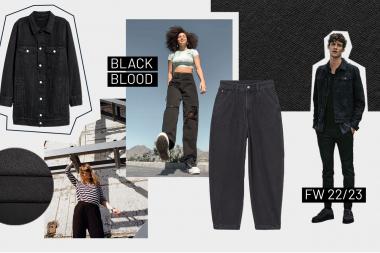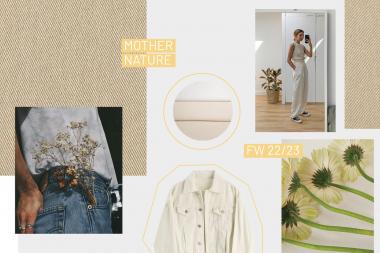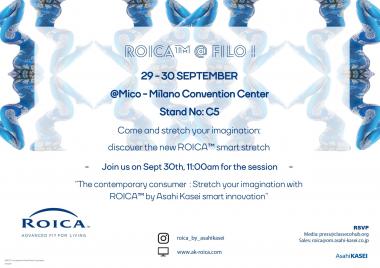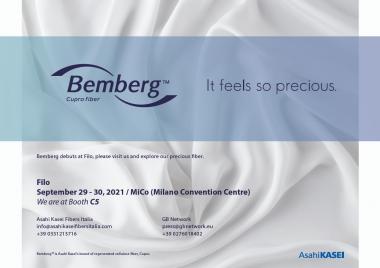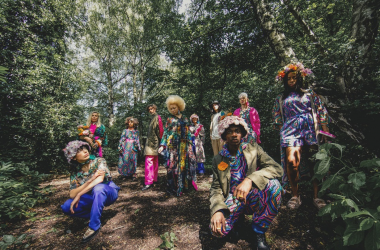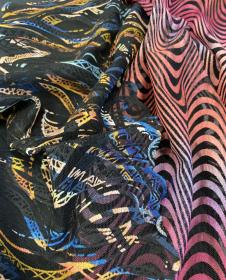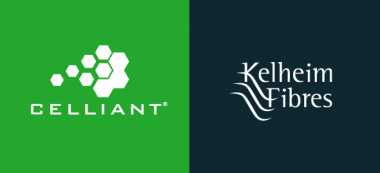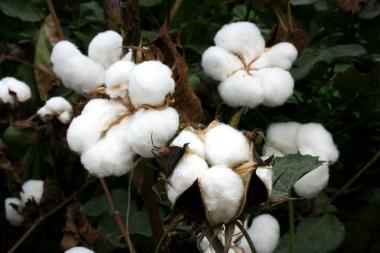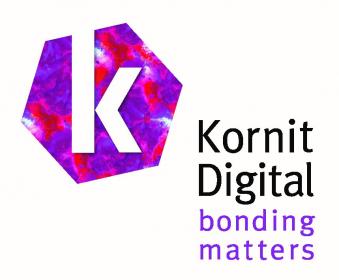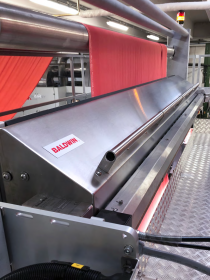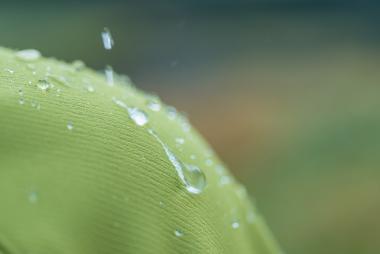“The Empathy Collection” by BERTO
For the Fall-Winter 2022/2023 BERTO divided their PREMIUM DENIM FABRICS collection into 5 themes.
The first one is ICONIC, where clients can find the “mainstream” proposal, the authentic denim NO SEASON, timeless fabrics with high versatility. From the 100% cotton with salt and pepper look, to the comfort denim really slubby, to the light shirting fabric. Into this theme there are also the Berto NOS, always available for all clients’ needs.
The second theme is BLACK BLOOD. Into this theme clients find Double Black fabrics that have two souls: one made by overdyed sulfur denims, for a washed and aggressive look, and the other given by a reactive black weft, inspired by elegance and sophistication. In addition, we propose to clients also some overdyed reactive fabrics for an intense black look.
The third theme is EVERYDAY PLUSH. With “everyday plush” we want to imagine the desire to dress as if surrounded by a warm hug. In fact, this capsule includes Cashmere denim that ensure warm and soft feeling to the wearer; and “soapy-denim”, a fabric made with cotton and viscose that gives a soft and fluid hand. Moreover, cotton mixed with nylon gives the fabric a technical hand and an elegant image while maintaining stretch performance, lightness and softness.
The fourth theme is JAPAN CALLING. The rough touch-feel and the authentic aesthetic as the true Japanese denim are the main features of the fabrics belonging to this theme. The clients here can find high weight 100% cotton denim fabrics with authentic image and structured weave. To complete the capsule a special blend is available: fabrics with a Tencel slubby weft that gives soft and fluid touch together with a rough image.
Last but not least, the fifth theme: MOTHER NATURE. The container of all the most sustainable Berto fabrics, from Organic cotton fabrics GOTS certified, to Recycled cotton fabrics GRS certified, made regenerating their own production waste.
Linked with this last theme the company will present during BLUEZONE by MUNICH FABRIC START a special capsule collection of garments made with our PIANETA FABRIC, GRS certified and made with recycled cotton coming from their own waste of production. The same waste has been used by CADICA GROUP, an Italian premium trims maker, to do the SPECIAL LABELS and HANGTAGS of this capsule.






